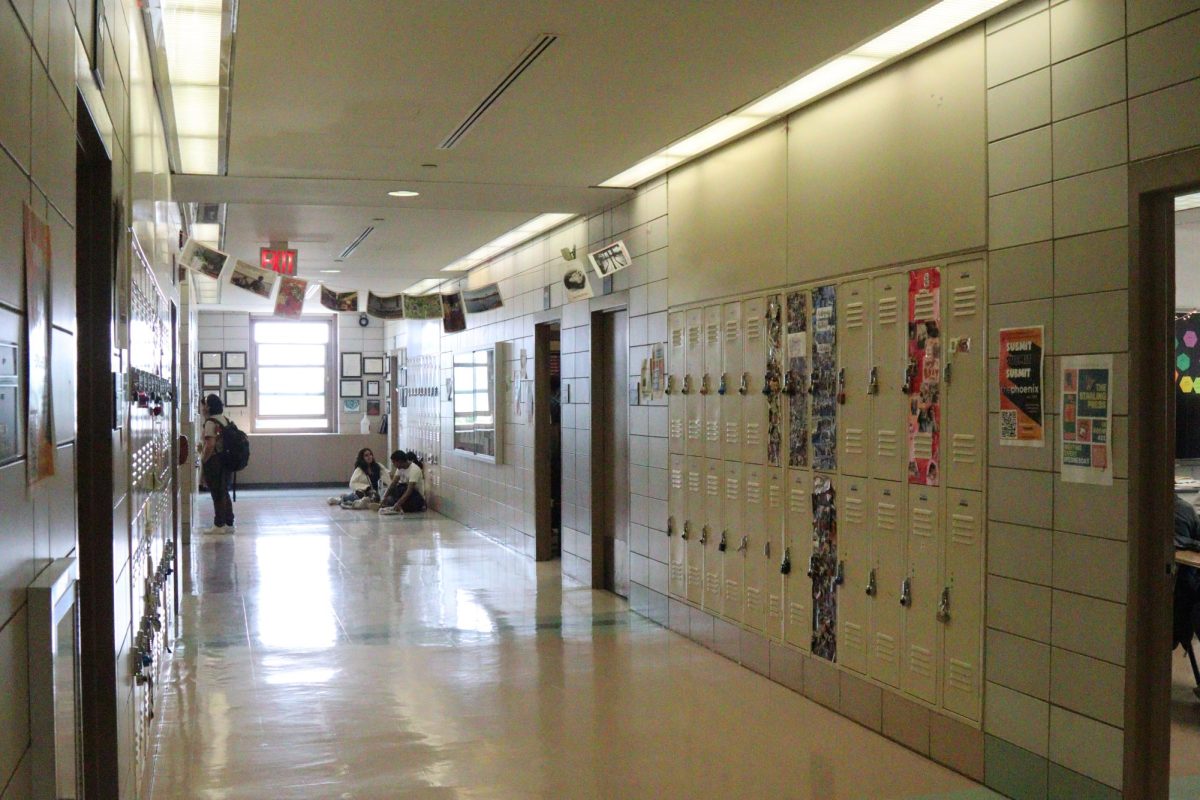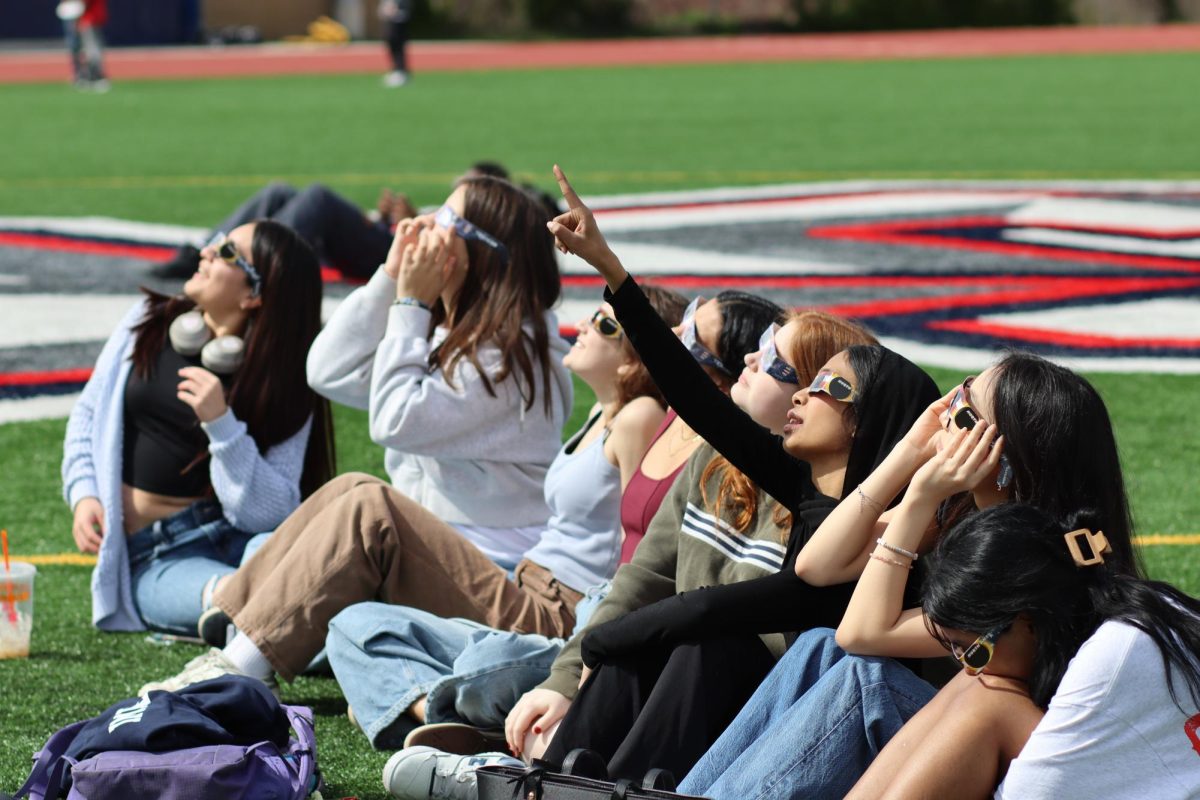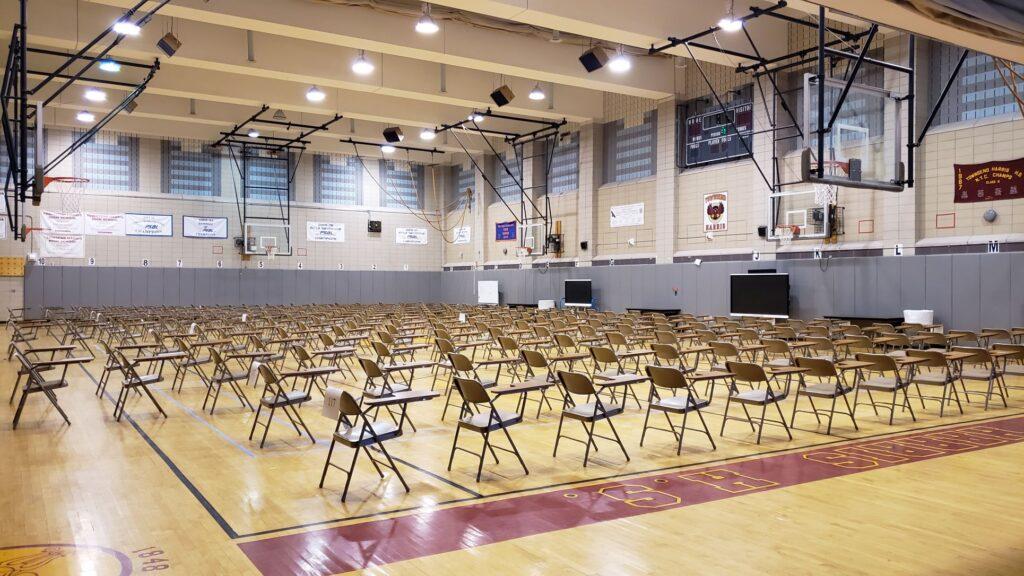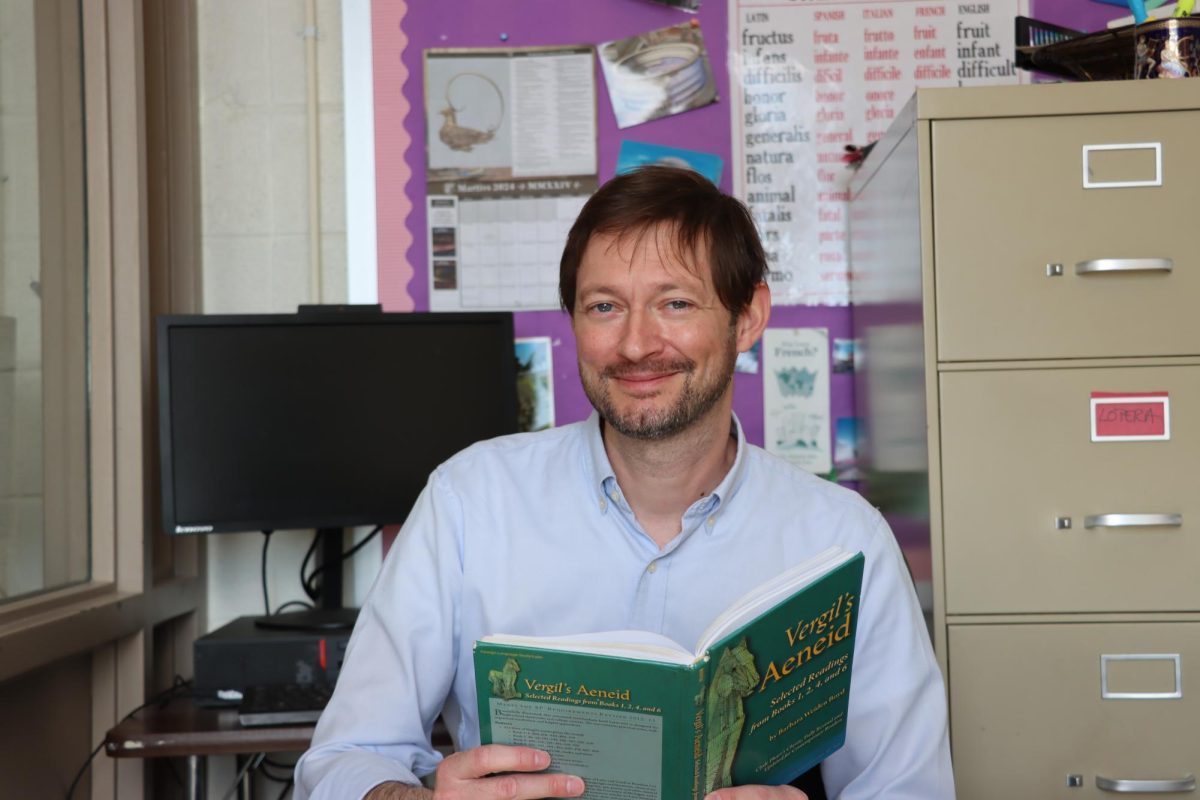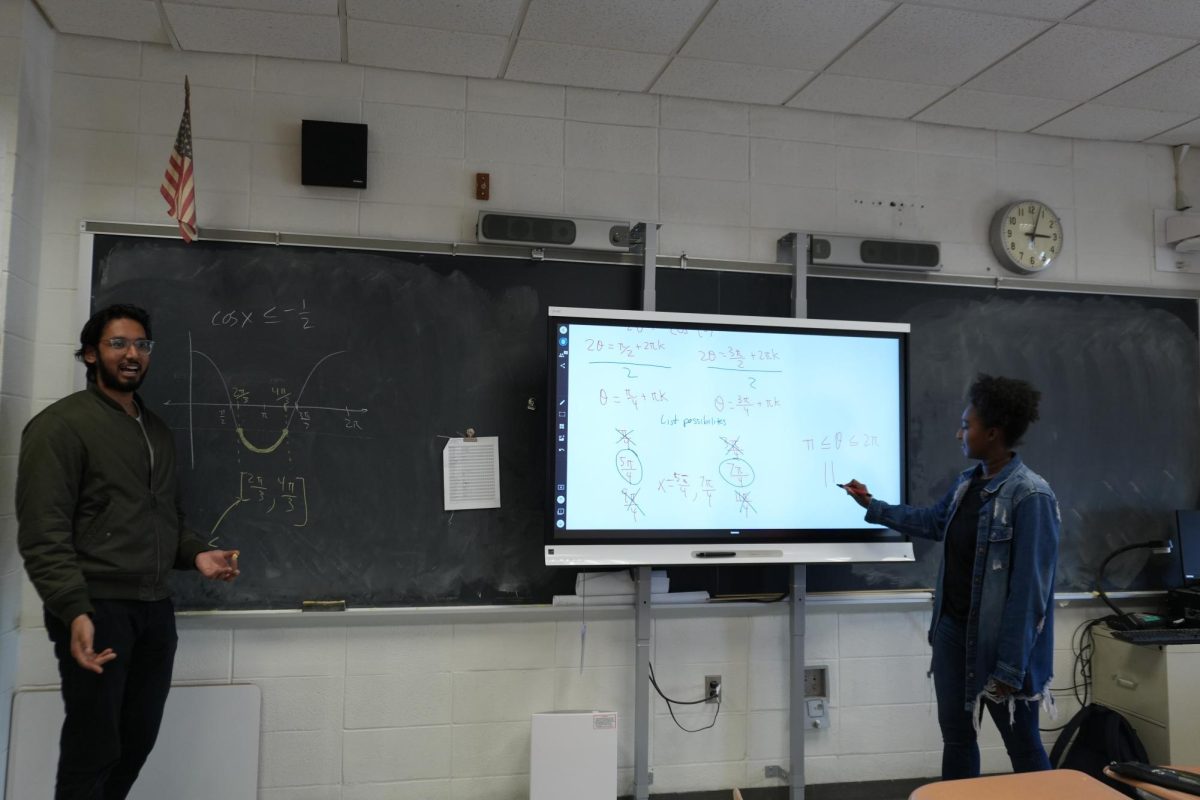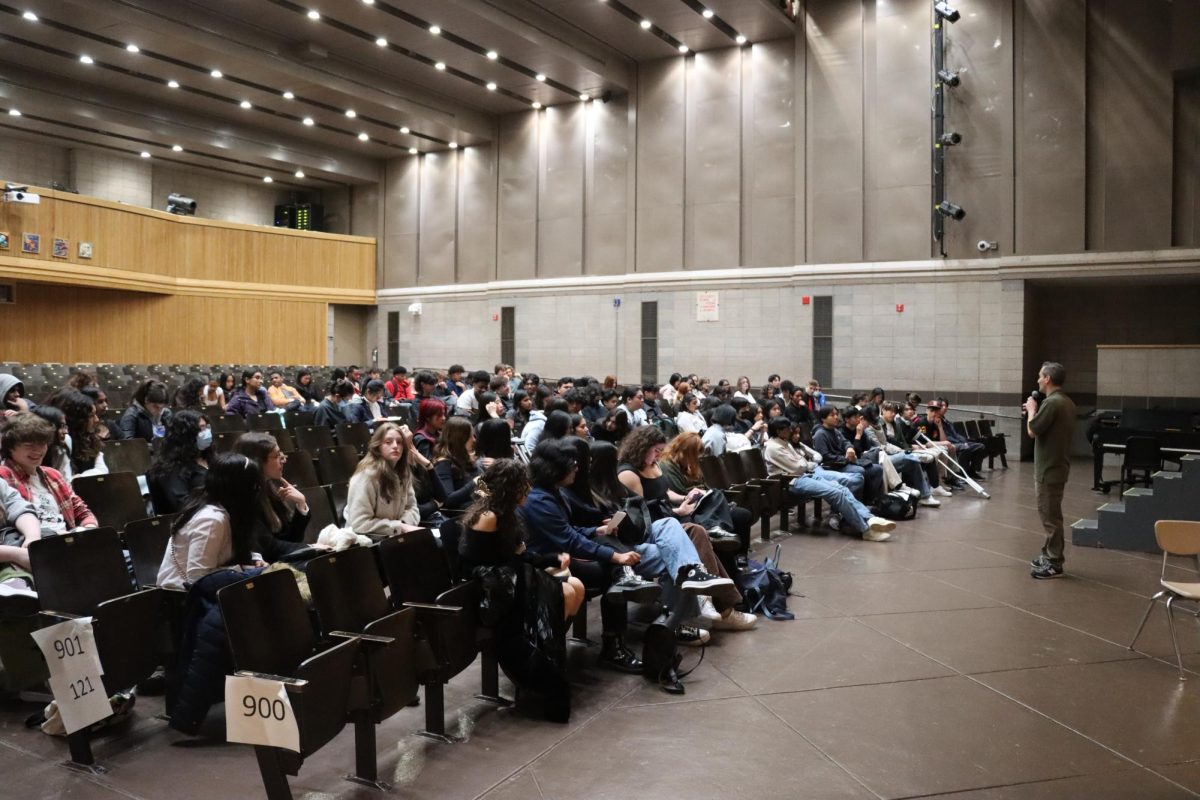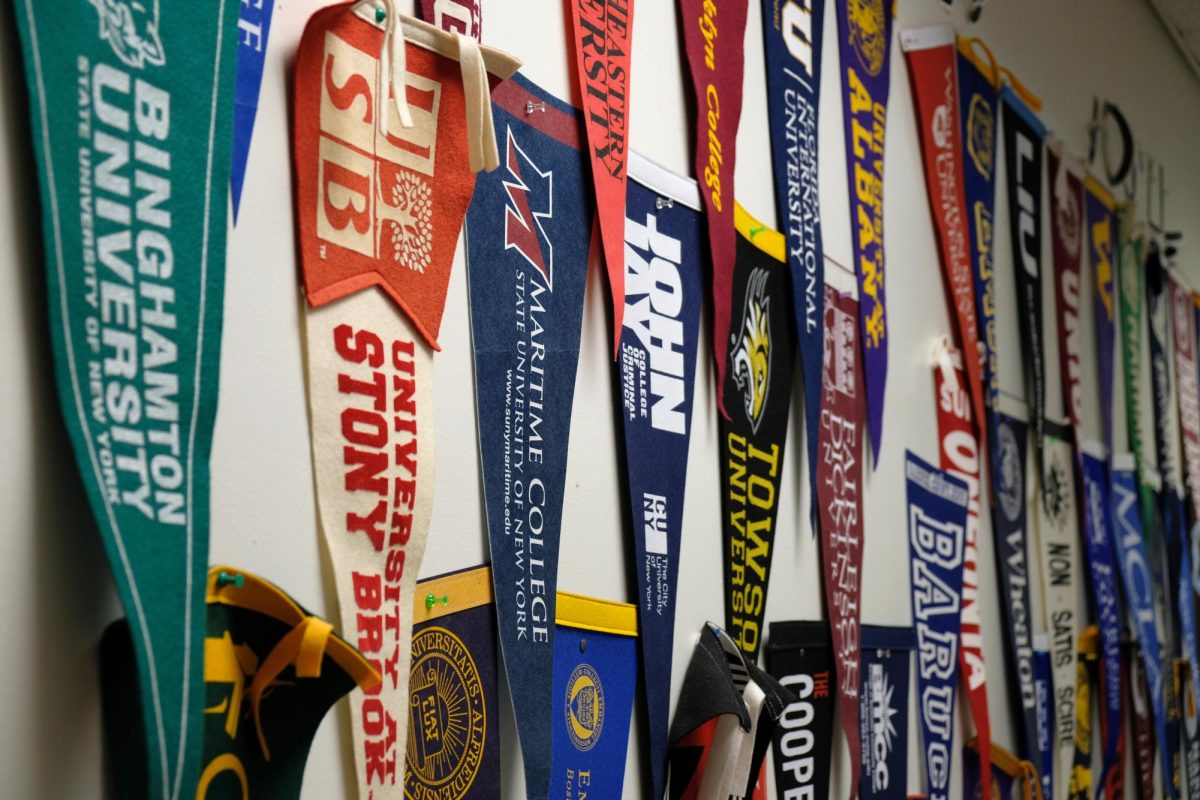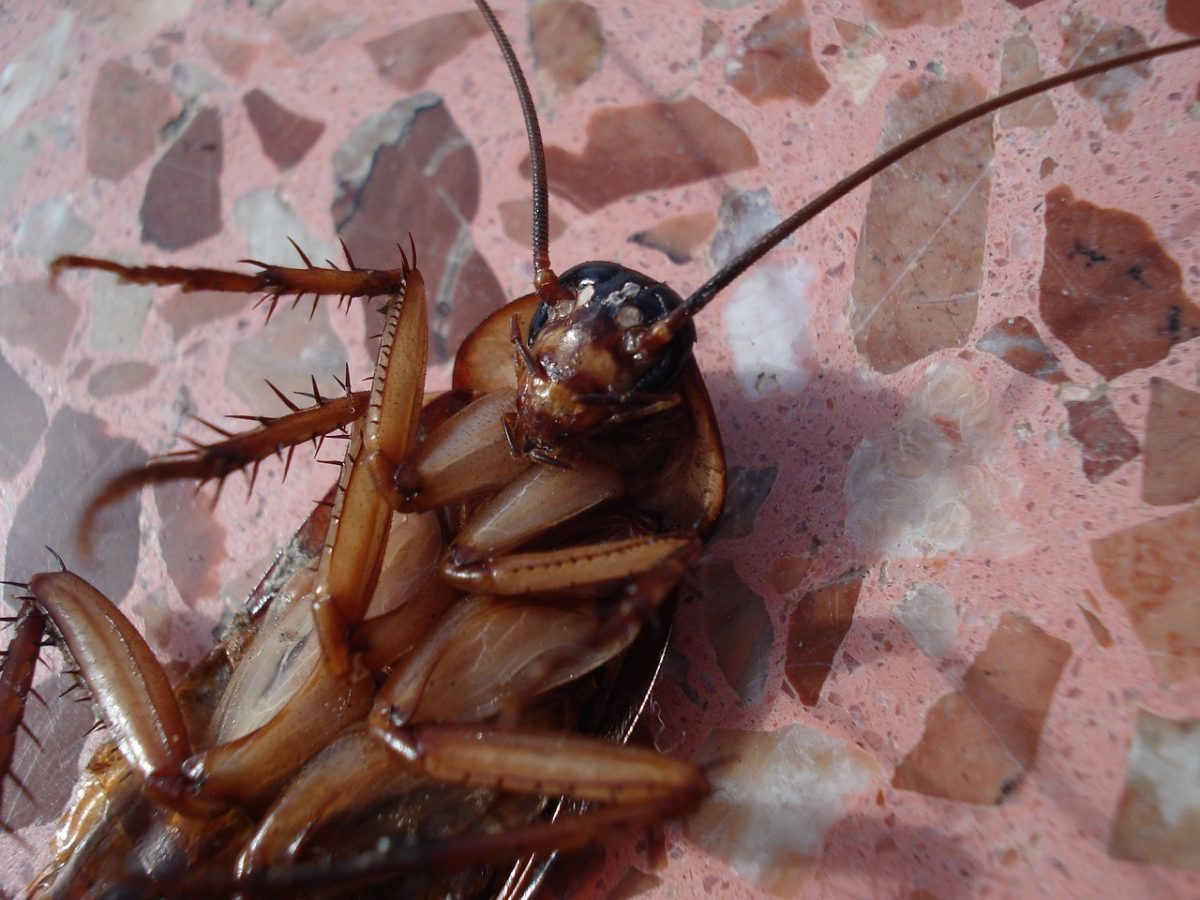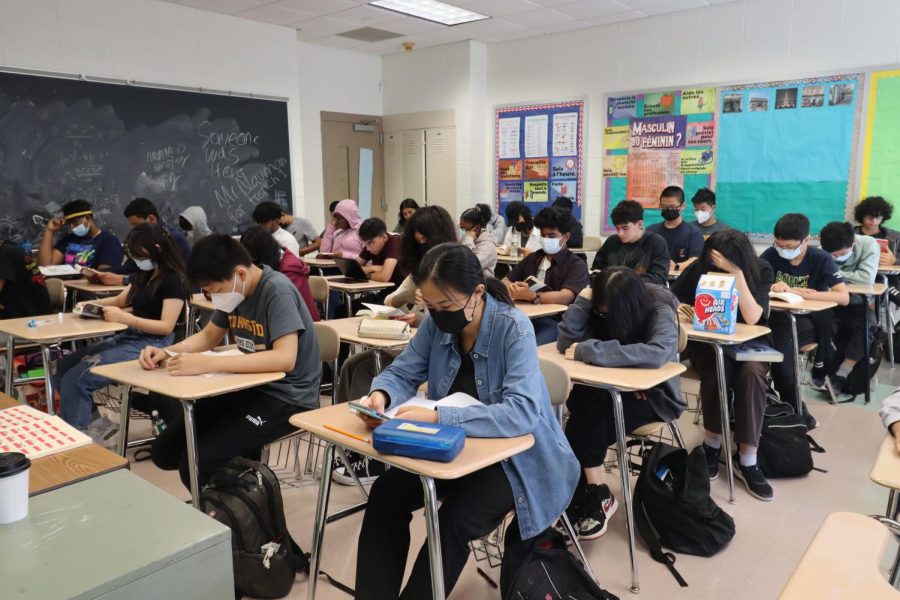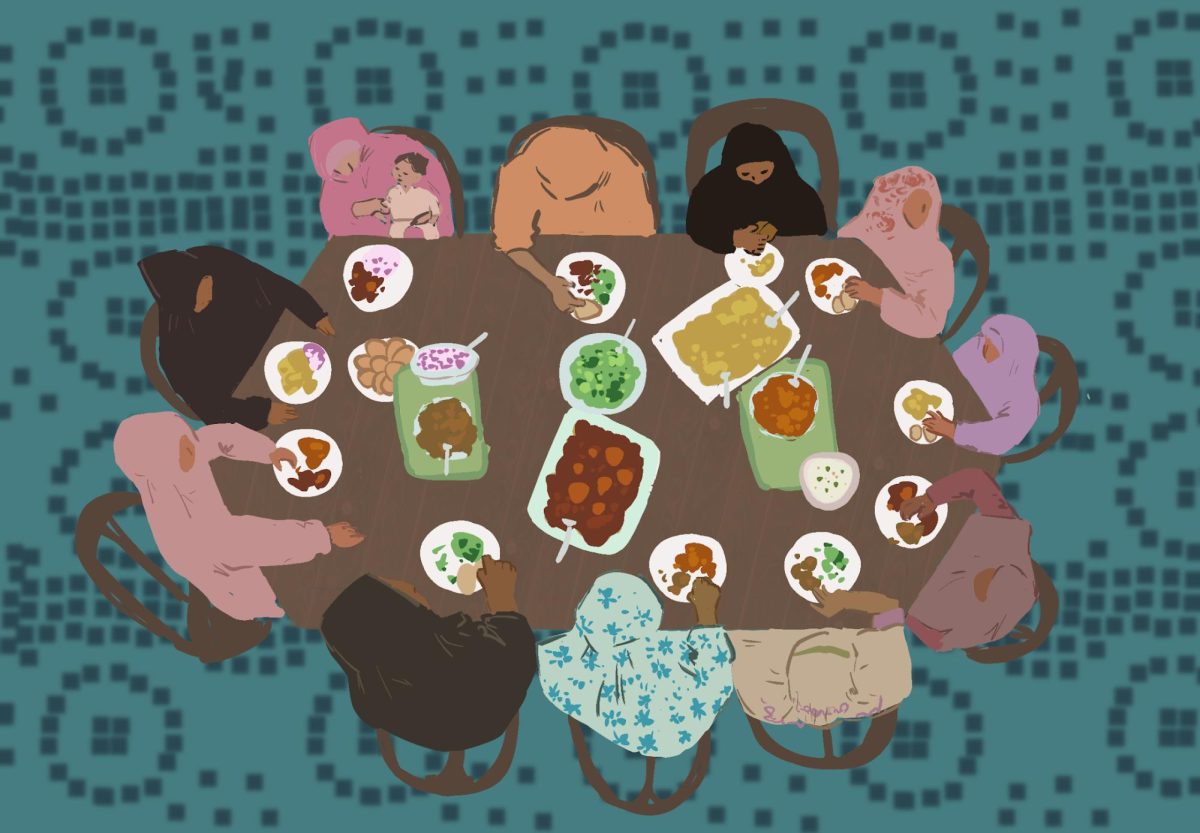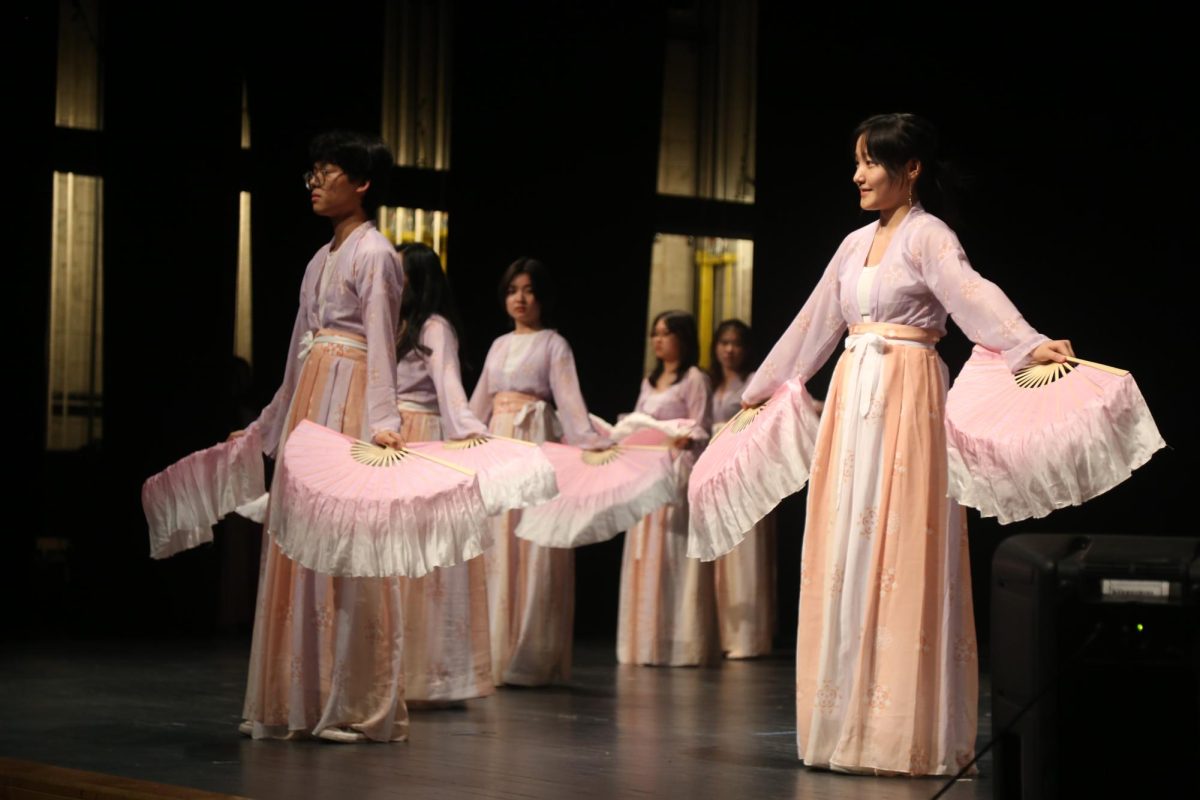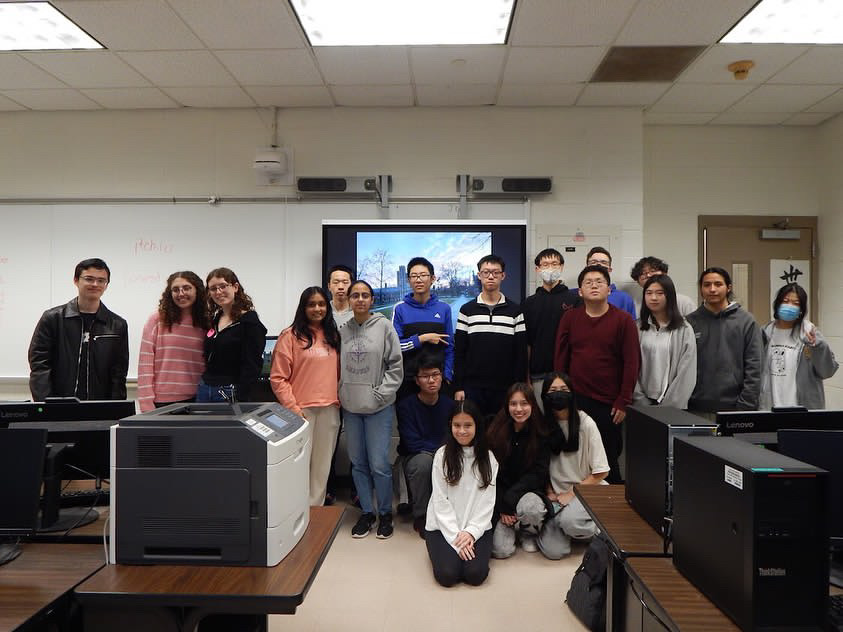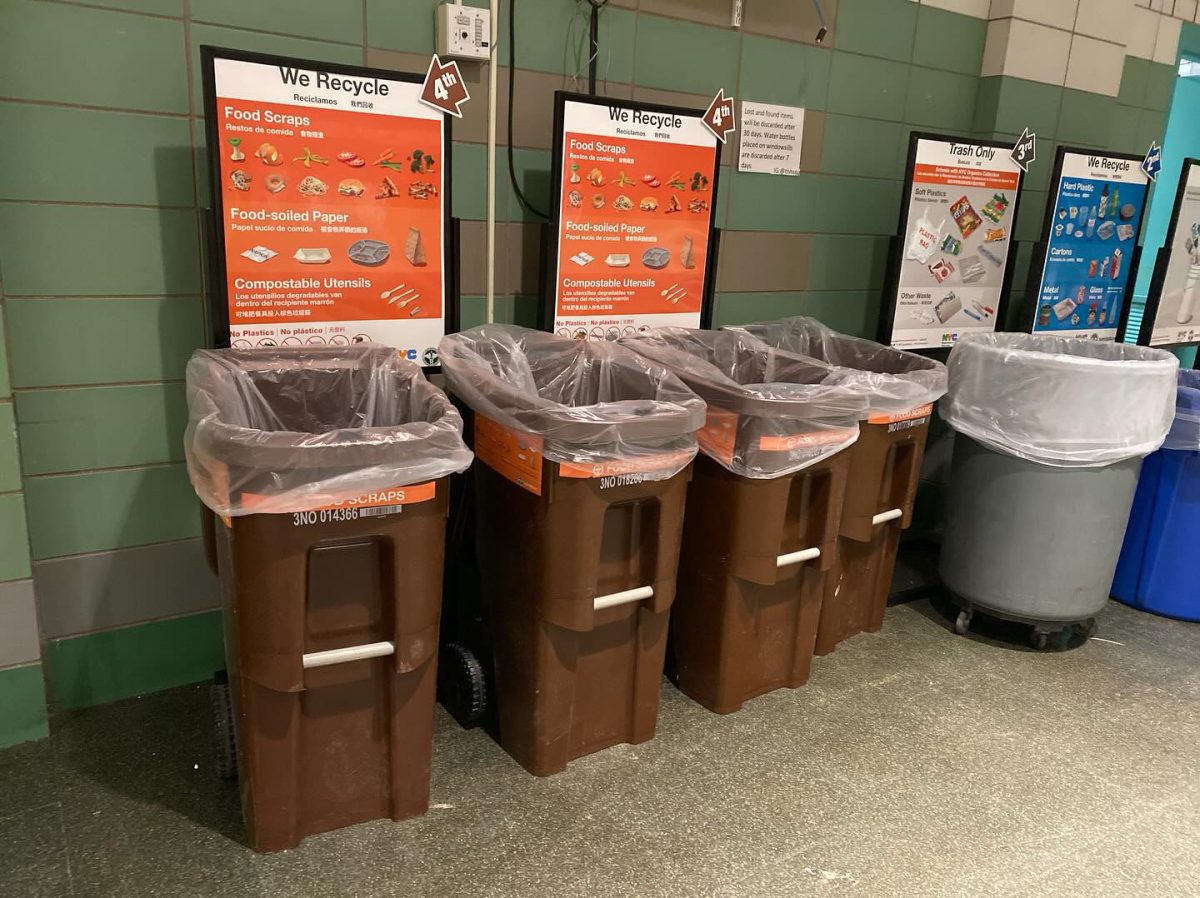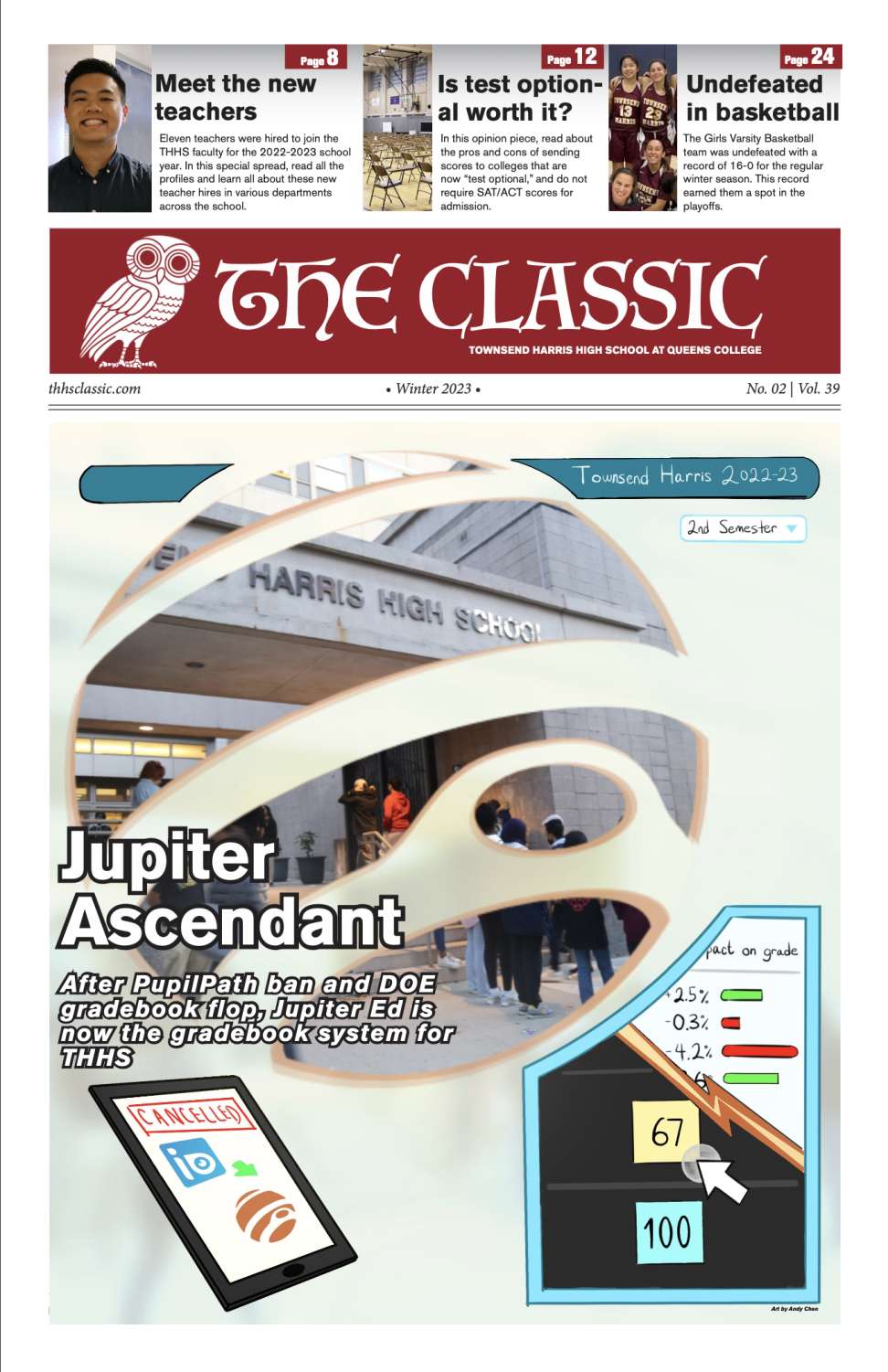
When the bell rings to signal the end of each day, Harrisites experience a sense of freedom; they made it through their mandatory six hours and forty minutes in school and can now daydream about what to do for the rest of the day. That is, of course, until they realize they have five tests that they need to study for, and panic as they decide what to do to pass every one.
Since students spend at least 35 hours in school every week, many of them question how productive and attentive they are in class. Yet what determines how they perform on exams depends more so on their study behaviours at home. While some students spend days studying for one test, others just glance at their notes five minutes before and wing it. This highlights the question of how students get those good grades.
The answer to that is there is no one answer. All students have their own study preferences that work best for them.
According to Dr. Kenneth Higby, author of Your Memory: How It Works and How To Improve It, students find it easier to study if they divide the material into small sections and study over the course of a few days. Contrary to this approach, a majority of Harrisites find themselves attacking the material the night before.
Junior Ritika Modi explained, “I have the attitude that whatever I know, I know, and excessive studying won’t really help.”
Similarly, sophomore Paula Fraczek waits until the last minute because she said, “If I study earlier than that, I’ll forget everything.” For some students, the pressure of needing to learn something for the next day serves as motivation to stay concentrated and focused.
Others altogether try to avoid hitting the books if they can. Instead, junior Jothika Challapalli explained that she pays attention in class to minimize the effort she has to put in at home.
What seems common for many students, however, is starting two days in advance to have a chance to review the material once before taking the exam. Junior Alessandra Taboada explains, “It’s better to study two nights before because you want to make sure you know all the material front and back.”
However, some students say that it really depends on the subject and the level of comfortness they have with the material. Freshmen Nicholas Laikhram said “I usually study for biology and AP world history, but not geometry or Spanish because they are a lot easier for me.” Senior Erika Rivera also noted that “harder subjects mean taking more time to review notes” and that students just need to know their strengths and weaknesses to plan accordingly.
The question of whom students study with also impacts how well they learn the material. While some feel that study groups are more helpful than studying alone, others find a quiet corner a more productive atmosphere.
Sophomore Sarah Ebbrecht said, “I prefer studying alone because I know my methods of studying and there are less distractions.”
Senior Pamela Banas agreed that she studies better by herself because she learns by “redoing class exercises and rereading any chapter material beforehand.”
However, some students see group session as a means to review and double check their knowledge of the information.
Alessandra explained, “The day of the exam, or the day before, I try to contact friends if I have questions about anything. That’s why I also go to breakfast on those days to go over things and have them fresh in my mind.”
Forming study groups can be helpful as different students know the material at different levels, and could help each other out with memorization tips. Being in “groups make me retain information better” agreed junior Anthony Chiarenza.
Others find groups to be more burdensome and stressful. Some feel uncomfortable if they’re sitting in a group the day before the exam and can not follow or understand anything that their peers are reviewing.
Senior Melissa Alvarado said, “I study on my own because I can do it at whatever time is convenient for me and in the comfort of my home. I guess I also freak out less because I’m not sitting there in a group realizing that others know more than me.”
While most teachers stereotypically agree that study groups tend to be the least effective study approach since they end up becoming social gatherings, both Social Studies teachers Charlene Levi and Alex Wood see the benefits of working together.
Ms. Levi explained, “I always suggest that students work in groups because it is helpful to recall material off of one another and it allows them to socialize, while still being productive.”
Mr. Wood added that studying should be fun and done in in a social setting, rather than someone unconsciously reviewing material on their own.
He offered another alternative and said, “I always tell my students to quiz their younger brother or sister on what they need to study. [They can] turn it into a game or a quiz, whatever works best.”
One thing teachers and students agree on, however, is the constant battle with procrastination.
Ms. Levi commented that students procrastinate too much and are “easily distracted on the computer.”
When asked what his study habits were like in high school, Physics teacher Mr. John Tsai answered, “Not very good, If I knew what was going on I usually did okay, but I tried to avoid studying because I didn’t like things you had to memorize.”
Research conducted by Ohio State University showed that students who procrastinate have a tougher time concentrating, and also receive lower grades. Students who feel overwhelmed usually end up cramming at the last minute, and wait for that lightbulb moment where everything comes together and makes sense. However if students study last minute, they end up studying well into the night and in turn disregard the important part of the study process: sleep.
On average, studies have shown that teenagers need an average of about nine and a half hours of sleep per night. However, a poll conducted by the National Sleep Foundation found that only 15% of teenagers reported getting just 8 and a half hours of sleep on a school night.
With this added effect, on top of the already strenuous and usually overly dramatic lives teenagers lead, studying becomes even more stressful and less productive.
“At the end of the day” concluded junior Athina Mihaliadis, “kids are going to do what works for them and that might not always be what other people think is the best thing, but if it works, why not?”

